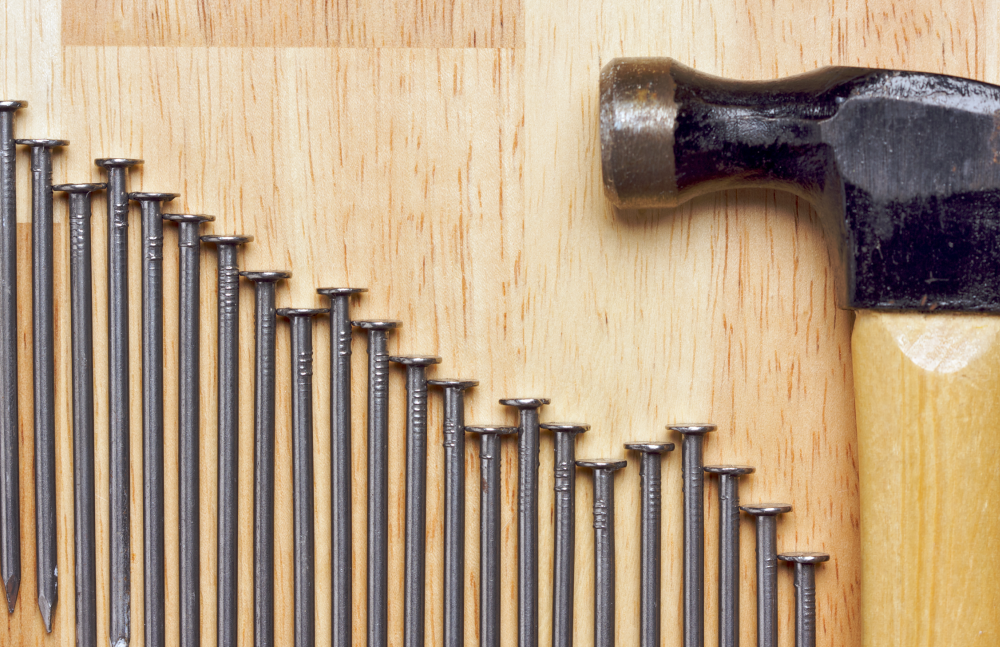
The possibility of a recession has been haunting the market since earlier this year when gas and housing prices began to rise, along with inflation. Although these factors have decreased in recent weeks, consumers and retailers alike have every reason to be wary. So what could a possible recession mean for the home improvement market and its retailers?
Is the Home Improvement Industry Recession-Proof?
It may seem like the past few years have had more recessions than usual, but this isn’t necessarily the case. Statistically, recessions happen around every four years. Traditionally, home improvement has been considered a ‘recession-proof’ industry, but that doesn’t necessarily mean that it can’t or won’t feel some effects from consumer belt-tightening.
While some sectors may suffer, others could thrive. For example, during the pandemic when contractors saw their job opportunities plummet, most homeowners were busier than ever as DIYers after they found themselves trapped in dated homes. Meanwhile, retailers like The Home Depot and Lowe’s outperformed due to consumers taking home projects into their own hands, and we began to see the rise of the private label.
That’s the past, though. What does the current data suggest? Well, confoundingly, the data shows a mixed outlook. On the bright side, The Home Depot recently reported record profits, which could indicate that short-term spending is still going strong. On the labor side, contractors have reported increased confidence that they’ll be able to find work fairly easily in the near future.
So, Why the Long Face, Home Improvement Brands?
However, less-than-positive indications are still present. For example, research from Harvard University has predicted that remodeling activity will decrease by seven points by the end of the second quarter of 2023. However, YOY spending growth is still expected to stay above the historic market average. And while The Home Depot experienced recent gains, their competitor Lowe’s reported losses in the same quarter.
Even though the future is a little murky, home improvement brands are not helpless. Whether or not the economy shrinks and home improvement retail profits dip, home improvement brands can and should take steps to prepare and shore up their shelf presence both online and in-store. A few simple strategies can go a long way towards preventing shelf shock.
The Top 3 Things Retail Brands Can Do to Prepare for Economic Downturn
1. Invest in your brand.
More competition among retailers means your merchandising and brand positioning must be firm. With consumers feeling caught between trusted brands and more economical alternatives, national and challenger brands can suffer. This was true during the pandemic when the surge in private label products began. Now is the time to invest in your brand. Reaffirm your brand identity and don’t shy away from advertising. Better yet, go ahead and develop a backup budget plan for 2023. If you have to cut, be proactive and smart about it.
2. Invest in relationships.
Communicate more with your consumers, merchants and supply chain. Having your presence felt through ads, social media, and organic marketing will keep you on your customers’ minds and keep your product in their shopping cart.
Assuming supply chain issues may worsen as a result of an economic downturn, be prepared and map out your communications plan now. Set yourself up for success with established lines of communication to suppliers, merchants and consumers. And make sure you have a contingency plan when (not if) issues arise. The good news is that most Americans are coming to terms with supply chain issues, if not inflation, which means that those brands that focus on managing consumer expectations may come out ahead.
3. Think carefully about expansion.
Unless you have strong evidence to support it, consider holding off on new product launches. When the time comes to be conservative, the last thing that makes sense is to embark on a big expenditure, and product launches are resource-intensive and expensive. If your consumers are reluctant to spend money on an unknown quantity, debuting a new product during a recession could cause it to slip between the cracks. Instead, invest in legacy products and private label brands.
In an ideal world, you wouldn’t need this advice – let’s hope that’s the case. However, the future is full of uncertainty, and though we can’t say when, future recessions are statistically in the cards. You can never prepare enough for the economy’s curveballs and, as far as we know, no one has ever regretted being recession-ready. If you need help with any of the above recommendations, be sure to reach out to us. Also, don’t forget to sign up for our email newsletter below for more home improvement industry insights.